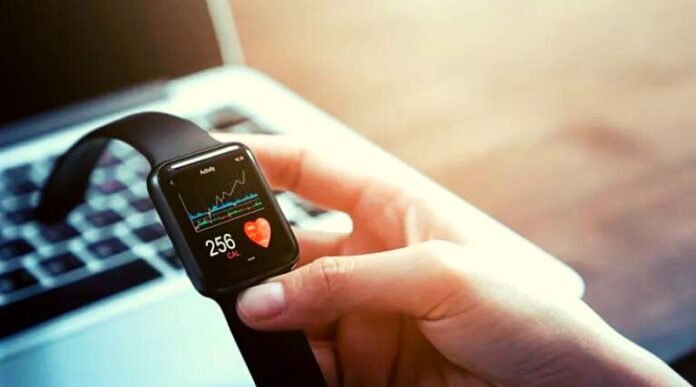Wearable devices have become a common part of our lives. We see them everywhere, from fitness trackers to smartwatches. The technology has improved in recent years, with the introduction of more accurate and convenient wearables that are easier than ever for patients and caregivers to use.
What Is A Clinical Trial?
A clinical trial is a research study that examines the effects of a new treatment or device on people. In order to determine if a treatment works, researchers must compare it against another treatment or against no treatment at all (the control group).
The purpose of clinical trials is to discover whether new drugs are effective, safe and acceptable to patients; they also provide information about side effects so that these can be detected early on and managed appropriately. Clinical trials are conducted under strict guidelines set by national regulatory authorities such as the MHRA (Medicines & Healthcare products Regulatory Agency) in the UK which oversees all medicines used in humans anywhere in Europe; FDA (Food & Drug Administration) USA etc…
What Are The Benefits of Wearables In Clinical Trials?
Wearables can be used to monitor patient health.
Wearable devices can be used to monitor patient compliance with treatment, medication, and exercise routines.
How Will the Use of Wearable Devices Impacts Clinical Trials?
Wearables can help improve patient engagement by providing patients with a way to track their health and wellness. This can be especially beneficial for those who have been diagnosed with chronic conditions, such as diabetes or heart disease, as well as for those who are at risk of developing these conditions in the future.
Wearables can also help improve data collection accuracy by providing real-time updates about changes in vital signs like blood pressure or heart rate that may not otherwise be captured by traditional methods (such as paper surveys).
Additionally, wearable devices could potentially make clinical trials more efficient because they allow researchers to monitor participants remotely instead of having them come into the lab every week or two weeks for measurements–which means fewer visits overall! This could also lead to fewer dropouts from studies due to travel constraints on participants’ schedules pubmed.”
Wearable devices can be used in clinical trials to improve patient engagement.
Wearable devices are being used in clinical trials to improve patient engagement, compliance and adherence. In fact, wearable devices can be a great way for patients to track their own health data and share it with their doctor or healthcare team. The data from these devices can also be used by researchers to understand more about how the medication is working in different people’s bodies.
Conclusion
The use of wearable devices can help improve patient engagement in clinical trials. This will in turn, lead to better outcomes for patients and healthcare providers alike.













